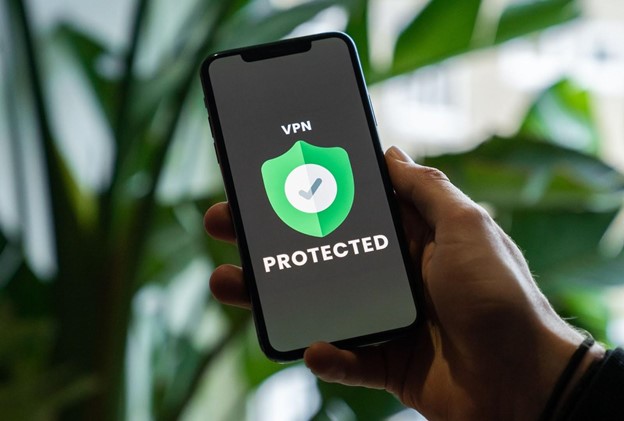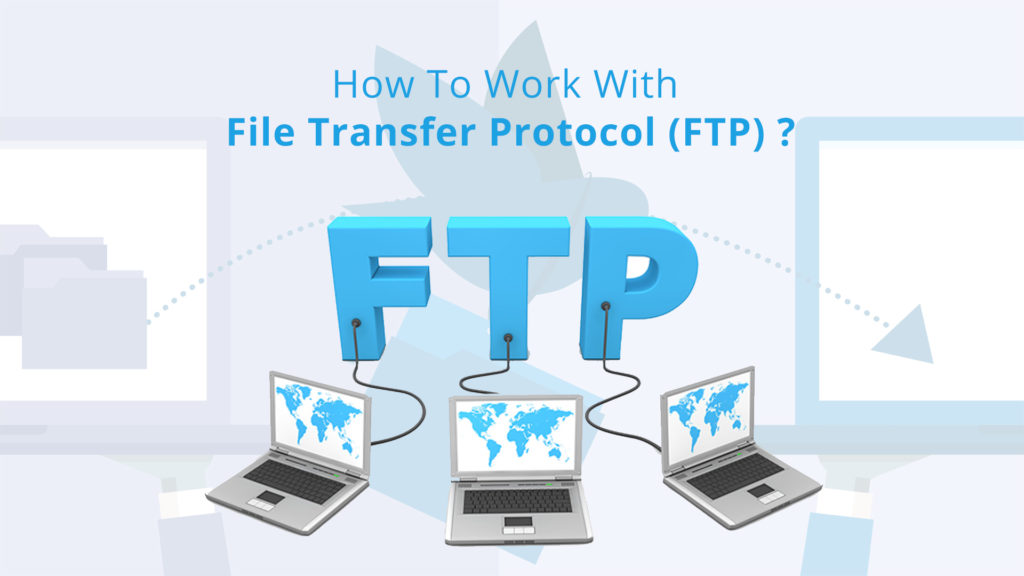Having your mobile devices by your side is a necessity while traveling. Nevertheless, securing your data and device from hackers’ attacks is crucial. You should be careful about the safety of your connection if you are using public Wi-Fi networks while traveling, like at airports, cafes, and libraries. There are several threats associated with public Wi-Fi networks, especially when you are connected with an iPhone. Hackers can access your data, identity, and personal information. In addition to that, they can use your device as a tool for malicious cyber activities.
Hackers can use public Wi-Fi networks to infect your device with malware or spyware, which can cause serious damage because the network shares sensitive and confidential information.
It is important to know what you can do to avoid being hacked. My recommendation is to secure iPhone with VPN while using public Wi-Fi. This article will provide you with all the tips and precautions to protect your device when using public Wi-Fi while traveling.
Table of Contents
How do I secure my Wi-Fi when traveling?
Always use a VPN to connect your device to the internet when using public Wi-Fi. We have made a detailed list of all the steps to protect yourself when using public Wi-Fi.
11 Tips and Precautions when using Public Wi-Fi
Here are the top 11 tips and precautions to take when using public Wi-Fi while traveling.
1. Always use a VPN
A VPN connects you to the internet through an encrypted tunnel protecting your privacy and keeping yourself anonymous while traveling. It would be best to have a VPN on a public Wi-Fi network to protect your device from hackers’ attacks, saving your personal information and data.
2. Your Social Media Posts can wait
Posting on Social media while traveling and using public Wi-Fi can expose you to hackers who can steal your data and information. Your posts can wait. Always post your photos when connected to a safe internet connection.
3. Check for HTTPS
Always check for an HTTPS certificate to get a private and secure online experience while opening a website. Hackers can easily attack you on a public Wi-Fi if you open a website that is not secured, putting your device and data at risk.
4. Install Anti-Virus and Anti-Malware
Ensure you have your Anti-Virus and Anti-Malware software installed as an extra security layer that prevents any malicious software from installing and putting your device at risk.
5. Backup your data
Always backup your data before traveling on a separate device from your mobile device. You may lose your data or even lose your device.
6. Protect your device with a password
Protect your apps having your personal and sensitive data like your photo gallery and your bank app with a password. The password will keep the hackers from accessing your information even if they successfully access your device.
7. Turn Off Auto-connect
Turn off auto-connect for your Wi-Fi while traveling. Only connect to a trusted network when you like and not to any random public network. You never know which network you may join with auto-connect turned on, and someone may be running it with malicious intentions.
8. Sharing Settings
Please turn off the sharing feature on your device because leaving it on when using public Wi-Fi can put your data at risk. It can make your device secure because turning off file sharing can help prevent wireless access to files on your device.
9. Turn off Cookies
Delete your cookies before traveling and turn them off because open Wi-Fi networks can share your session cookies, and hackers can use them to impersonate you and log into other websites.
10. Two Factor Authentication
Hackers can easily access your social media profiles and bank accounts if they access your device, but they can be intercepted using two-factor authentication. Two-Factor authentication double-checks your identity making hackers unable to access your social media and bank accounts without you authenticating the login.
11. Avoid accessing sensitive data
Never try accessing sensitive data on your device, like your bank account, when connected to a public Wi-Fi. Use a VPN that hides your IP if you have to open your bank account application or share any sensitive information.
Final Words
Never connect to public Wi-Fi because a hacker may be waiting for you there, and you can lose your sensitive and personal information. On a public Wi-Fi, always connect using a VPN to protect your device and data from hackers and cyberattackers. Take other precautions like using anti-malware and antivirus to protect your device from malicious software, avoid accessing and sharing sensitive data like your bank account, use two-factor authentication, turn off auto-connect, turn off sharing, and avoid posting on social media.


